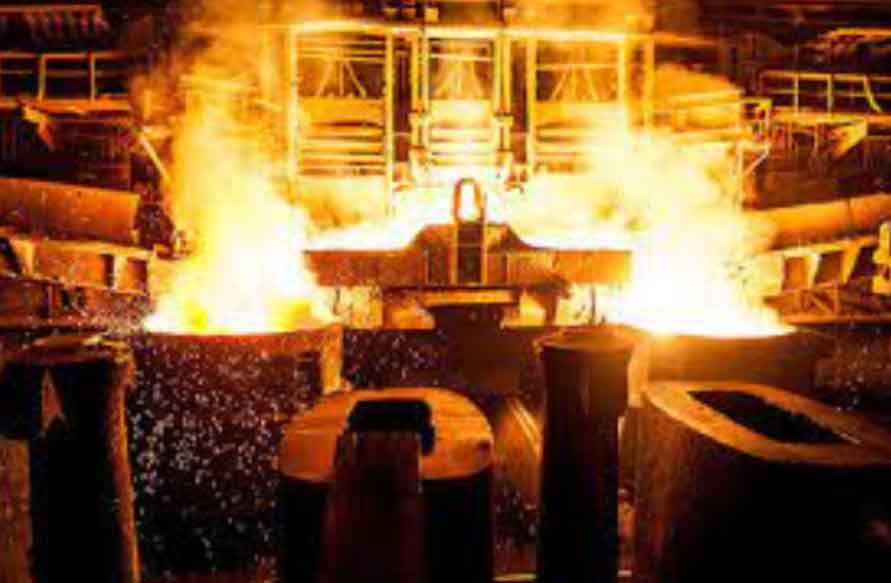
Steel castings indeed play a vital role in modern industrial infrastructure due to their exceptional strength, versatility, and reliability. As a backbone of the industrial sector, steel castings contribute to the construction of critical components and structures in a wide range of industries. Here are some key aspects highlighting the significance of steel castings:
- Strength and Durability: Steel is renowned for its high strength-to-weight ratio and exceptional durability, making it an ideal material for heavy-duty industrial applications. Steel castings offer the added advantage of being able to withstand heavy loads, high pressures, and harsh operating conditions.
- Versatility: Steel castings can be produced in a wide variety of shapes and sizes, making them suitable for a diverse range of applications. From large machinery components to intricate parts used in aerospace and automotive industries, steel castings provide a versatile solution to meet various engineering needs.
- Customizability: Steel castings can be tailored to meet specific design requirements, allowing engineers to create complex geometries and intricate details that may not be achievable through other manufacturing methods.
- Cost-Effectiveness: While the initial investment in tooling and casting processes may be higher, the long-term cost-effectiveness of steel castings comes from their extended service life, reduced maintenance, and overall reliability in demanding environments.
- Resistance to Corrosion and Wear: Stainless steel castings, in particular, offer excellent corrosion resistance, making them suitable for applications in marine environments, chemical processing, and many other industries where exposure to harsh elements is a concern.
- High-Temperature Applications: Certain steel alloys are capable of retaining their mechanical properties at elevated temperatures, making them well-suited for applications in industries like power generation and petrochemicals.
- Quality and Consistency: With modern casting techniques and stringent quality control measures, steel castings offer high levels of consistency and precision, ensuring that each component meets strict engineering specifications.
- Sustainable Material: Steel is a recyclable material, and steel castings contribute to a circular economy by being used and reused in various applications, reducing the environmental impact.
- Integration with Other Materials: Steel castings can be combined with other materials, such as composites or polymers, to create hybrid components that optimize performance for specific requirements.
- Infrastructure Development: Steel castings are integral to building infrastructure such as bridges, pipelines, buildings, and other critical structures that are essential for industrial development and urbanization.
The adaptability, strength, and reliability of steel castings make them indispensable in modern industrial infrastructure. They enable the development of innovative and efficient solutions that drive progress across numerous sectors, supporting the backbone of the global economy.
